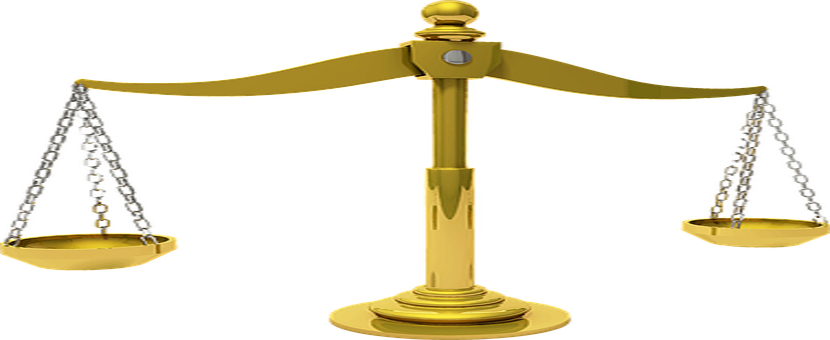Agbule v. W.R. & P. Co. Ltd. [2013] 6 NWLR (Pt. 1350) 318 at 341, paras. B-C, per Ogunbiyi, JSC:
“It goes without saying therefore that a defendant/respondent who did not protest against the name used and in fact filed processes… cannot now be heard to complain at this stage. This is because he is deemed to have waived his right and is therefore estopped from contending the contrary as rightly submitted by the learned Appellant’s counsel. The wrong use of the name did not overreach or put the Respondent to any form of disdain in the absence of any earlier complaint thereof. The use of the name in my view is, at best, a misnomer and which did not occasion any negative effect. This Court under its inherent powers has the jurisdiction to correct such inconsequential error which did not require any formal application to be made.”
Notes:
The Supreme Court relied on its earlier decision in the case of Afolabi v. Adekunle (1983) 8 SC 98. Decisions such as the above is a demonstration of the Court’s mandate to forever abandon the era of technicality and embrace substantial justice.
However, it is incumbent on Counsel to make painstaking effort to meticulously ensure that a proper party is brought before the Court by not only getting the name right but by making sure a juristic person is sued.
Before commencing an action against any person, especially companies, care must be taken to look beyond the trademark and conduct the relevant search to determine the registered name of the company. For instance, the names – MTN, GLO, Shoprite, Access, Konga, Jumia, DSTV, etc are not the registered names of these companies that clothes them with legal personality. Attempt to sue them in these names would be greeted by preliminary objections based on jurisdiction. In worst cases, judgments obtained in the erroneous names will be difficult to enforce unless the court grants amendment. In fact, the process of securing the amendment may pose further challenges on effective and time execution of a favourable judgment.
The case of Njemanze v. Shell BP Port Harcourt (1966) 1 All N.L.R 8; [1965-1966] NSCC 4 aptly illustrates the point. Bairamain JSC at 6, Para.5 held the view that:
“…It is common knowledge or ought to be that a Company is registered under Companies Act and has a registered name: S.18(2). This can easily be found out; it has to be shown on a sign board at its place of business pursuant to Section 65(1); and it can be ascertained under Section 231(5) of the Companies Act from the Registrar. There is little excuse, if any, for the plaintiff who sues for wrongful dismissal not suing the Company by its registered name…”
An authority that should also be of concern is Obike International Limited v. Ayi Teletronics Services Limited [2005] 15 NWLR (Pt. 948) 362 at 374 paras. D-G where the Court clearly and unequivocally stated as follows:
“A state of facts or the name of an entity not in existence at the material time cannot be misnamed and the issue of amendment will not arise. Thus a party cannot amend or effect correction in processes of court by replacing a non-juristic person or entity with one with legal capacity to sue and be sued.”














